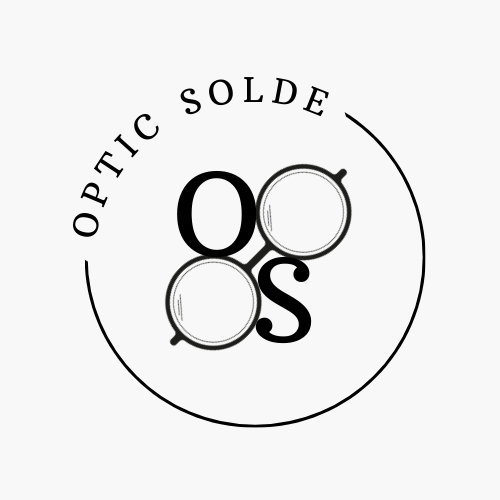Busting Myths: Common Misconceptions About Prescription Glasses
Prescription glasses have long been a solution for many individuals with visual impairments. However, there are several common myths and misconceptions surrounding them that often create confusion. In this article, we aim to debunk these misconceptions and shed light on the truths behind prescription glasses.
Sub-heading 1: Myth: Wearing glasses will make your vision weaker over time.
It is a widely believed misconception that wearing prescription glasses will weaken your eyesight over time. Many people think that if they start wearing glasses, their eyes will become dependent on them and their vision will worsen. However, this belief is far from the truth.
The reality is that prescription glasses are designed to provide precise vision correction. They compensate for any refractive errors in your eyes, allowing you to see clearly. Wearing glasses doesn’t weaken your vision; instead, it enhances it. By wearing the correct prescription, your eyes are relieved from unnecessary strain, which can prevent further deterioration of your eyesight. In fact, not wearing glasses when prescribed can lead to eye fatigue, headaches, and potentially worse vision over time.
Sub-heading 2: Myth: Prescription glasses are only needed for reading or driving.
A common misconception among many people is that prescription glasses are only necessary for specific activities such as reading or driving. However, eyeglasses provide vision correction for a wide range of visual impairments, and their benefits extend beyond these limited scenarios.
Prescription glasses can help correct nearsightedness, farsightedness, astigmatism, and presbyopia. These conditions distort vision in various ways, making it difficult to see objects clearly at different distances. Wearing prescription glasses allows individuals to have a better overall visual experience, whether they are indoors, outdoors, or engaged in any daily activities.
Bullet List:
– Improved productivity: Wearing prescription glasses can enhance productivity by allowing individuals to see clearly, thereby reducing eye strain and fatigue. This benefit helps both at work and during leisure activities.
– Enhanced safety: Prescription glasses play a crucial role in ensuring safety, particularly while driving or operating machinery. Clear vision is essential for making quick decisions and reacting promptly, preventing potential accidents.
– Aesthetics: Another misconception is that glasses detract from a person’s appearance. On the contrary, with the wide variety of designs and styles available, glasses can be a fashion statement, enhancing one’s look and expressing individuality.
– Protection from harmful factors: Prescription glasses can also provide protection against harmful elements such as ultraviolet (UV) rays and blue light emitted from digital screens. Special lens coatings can be applied to provide additional filtering and shielding.
In conclusion, it is essential to debunk common myths and misconceptions surrounding prescription glasses to ensure accurate understanding and utilization of this visual aid. Wearing prescription glasses does not make your vision weaker; it actually helps prevent further deterioration. Additionally, glasses provide corrective benefits for various visual impairments beyond just reading or driving. The enhancements they offer in productivity, safety, aesthetics, and eye protection make them an invaluable tool for many individuals. So, let’s embrace the importance of prescription glasses in improving our well-being and visual clarity.
